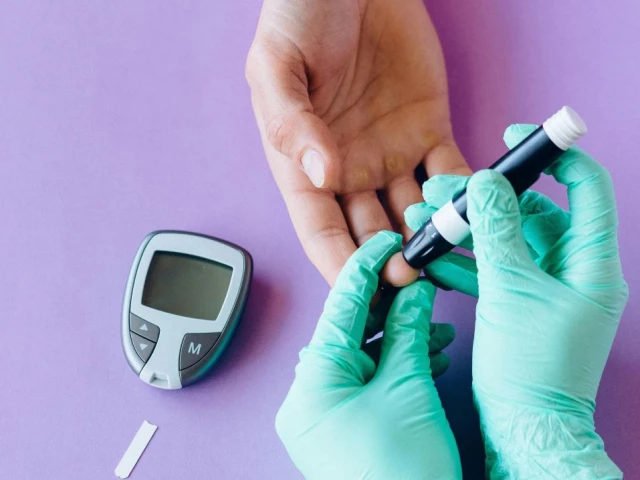Local production of advanced diabetes, obesity drugs launched
Experts say move will make life-changing treatments more affordable

Pakistan's healthcare sector has entered a transformative phase in the management of diabetes and obesity, as locally produced versions of advanced incretin-based therapies - long relied upon in global practice - become available for the first time, healthcare professionals said.
For years, treatments such as GLP-1 and GIP receptor agonists remained out of reach for most patients due to high import costs and limited supply, according to them. These medications, which mimic natural hormones that regulate insulin, appetite, and digestion, not only help lower blood sugar but also promote weight loss and improve cardiovascular and liver health.
Globally, drugs such as semaglutide and tirzepatide have revolutionised diabetes and obesity treatment, often outperforming traditional regimens. Now, Pakistani pharmaceutical companies have begun manufacturing biosimilar versions of these therapies locally, marking a major milestone in access and affordability. Biosimilars are biologic medicines developed to match the safety, efficacy, and quality of their international counterparts, approved only after rigorous regulatory evaluation.
"For years, we knew these medicines could change lives, but doctors like me often had to turn patients away because they couldn't afford or find them," said Professor Dr Javed Akram, a leading physician from Lahore. "What's happening now is genuinely encouraging. A local company has become the first in the world to manufacture all three advanced GLP-1 and GIP receptor agonists locally - tirzepatide injection, semaglutide injection, and oral semaglutide."
The therapies mentioned by Dr Akram are produced by Getz Pharma, which has achieved a global first by manufacturing all three treatments domestically. These include Tirzee, SEM-P, and SEM-O tablet. Imported versions of these medicines cost five to ten times the average monthly household income. Local production is expected to significantly lower prices and stabilise supply chains.
Healthcare experts say the development also signals a shift toward equitable metabolic care. "This is more than a pharmaceutical achievement. It's a step toward making world-class treatment accessible to ordinary patients," said Dr Akram.
With local availability of these therapies, Pakistan stands at the threshold of a new era in chronic disease management - one where global science meets local innovation to improve lives sustainably.

























COMMENTS
Comments are moderated and generally will be posted if they are on-topic and not abusive.
For more information, please see our Comments FAQ